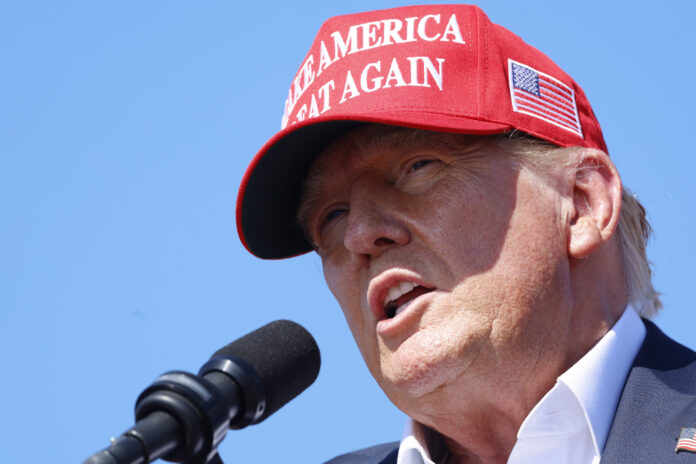Key Falsehoods or Claims: The article discusses a conspiracy theory that claims Harvard rejected Barron Trump, the son of former President Donald Trump, amid a crackdown on the university. The theory suggests that Harvard denied Barron’s admission as a form of retaliation against his father’s policies, and that this decision was kept secret. However, there is no evidence to support this claim.
Source: The Hindustan Times is a leading English-language daily newspaper in India. While it is a reputable source for news, it is important to note that this article is reporting on a conspiracy theory, which requires careful analysis and fact-checking.
Analysis of Impact on Public Opinion and Democracy: In this case, the propagation of this conspiracy theory could contribute to a narrative of victimization and persecution among supporters of Donald Trump and his administration. It may also further erode trust in institutions like Harvard University and fuel distrust in the media and academic sectors. This type of false narrative, if left unchecked, can contribute to the polarization of society and the erosion of democratic norms.
Potential Reactions and Outcomes: The spread of this conspiracy theory could potentially lead to a further entrenchment of political divisions, with some individuals using it to justify their distrust of institutions and the media. Additionally, it could contribute to a broader erosion of trust in academic and journalistic institutions, which are essential to a functioning democracy.
Further Reading: For further reading on the impact of misinformation on public opinion and democracy, it would be beneficial to explore reputable sources such as research studies from the Pew Research Center, the RAND Corporation, and the Harvard Kennedy School’s Shorenstein Center on Media, Politics and Public Policy. These sources offer valuable insights into the dynamics of media influence and misinformation in contemporary politics.
Source link
Redirect URL
